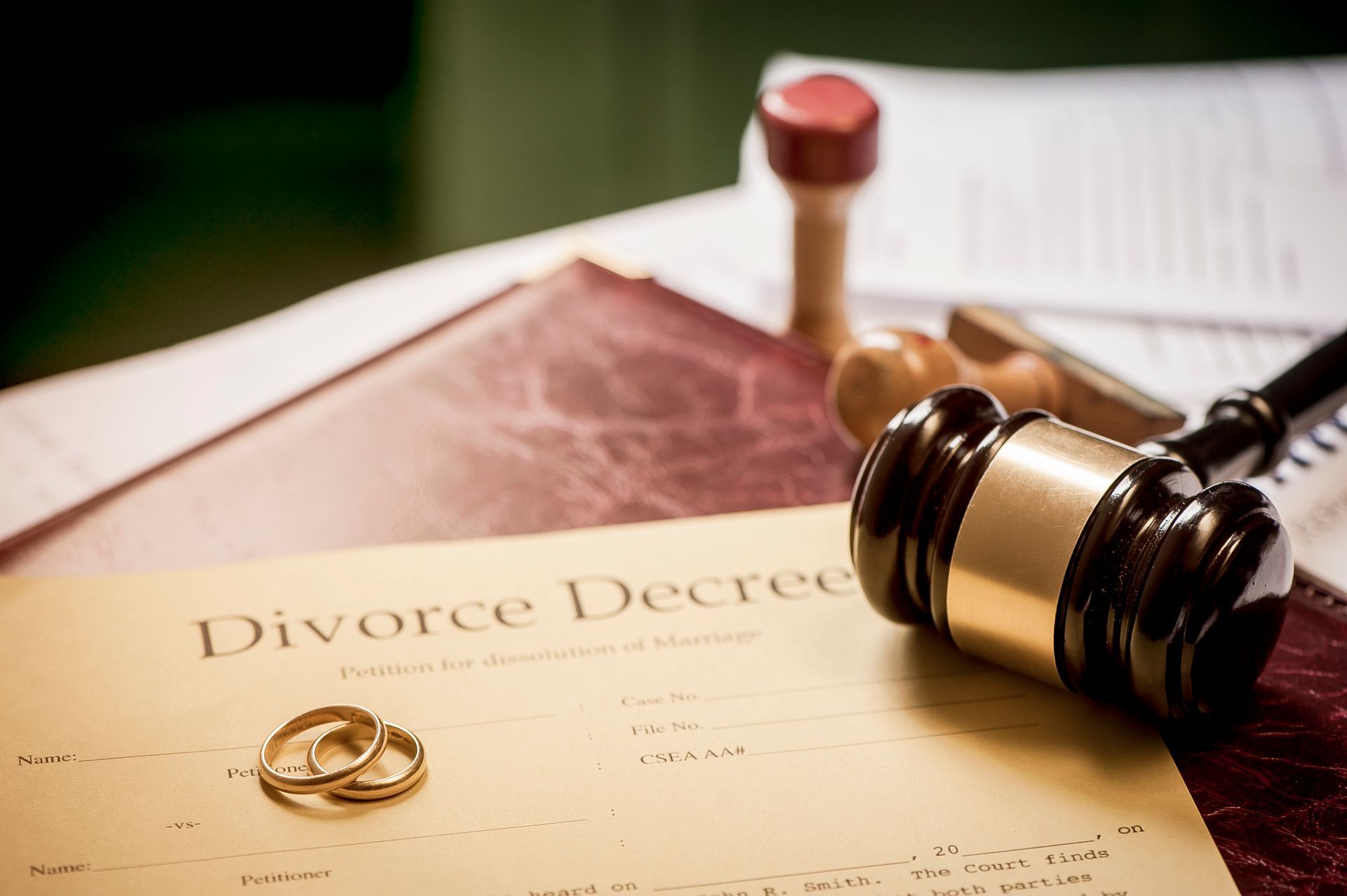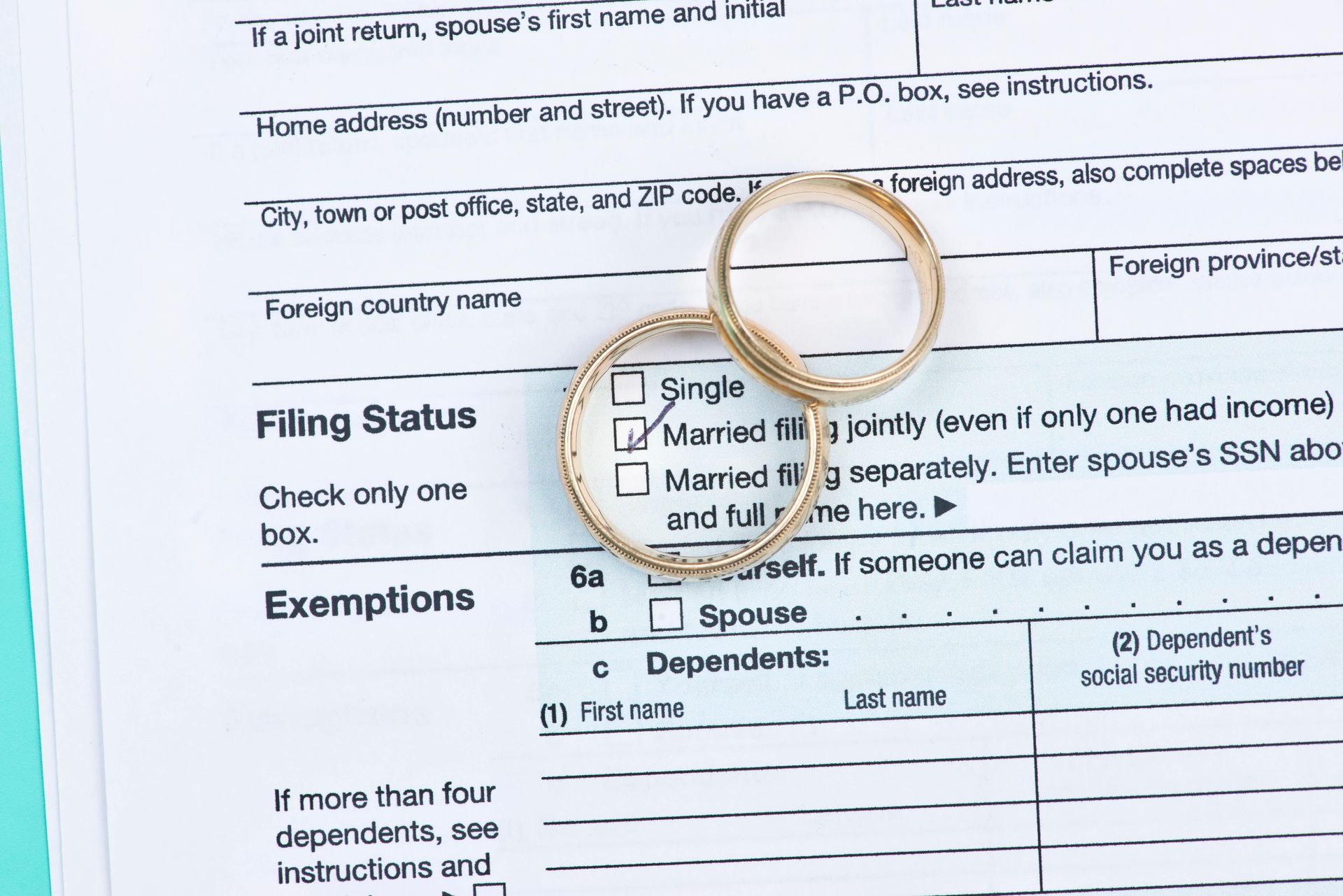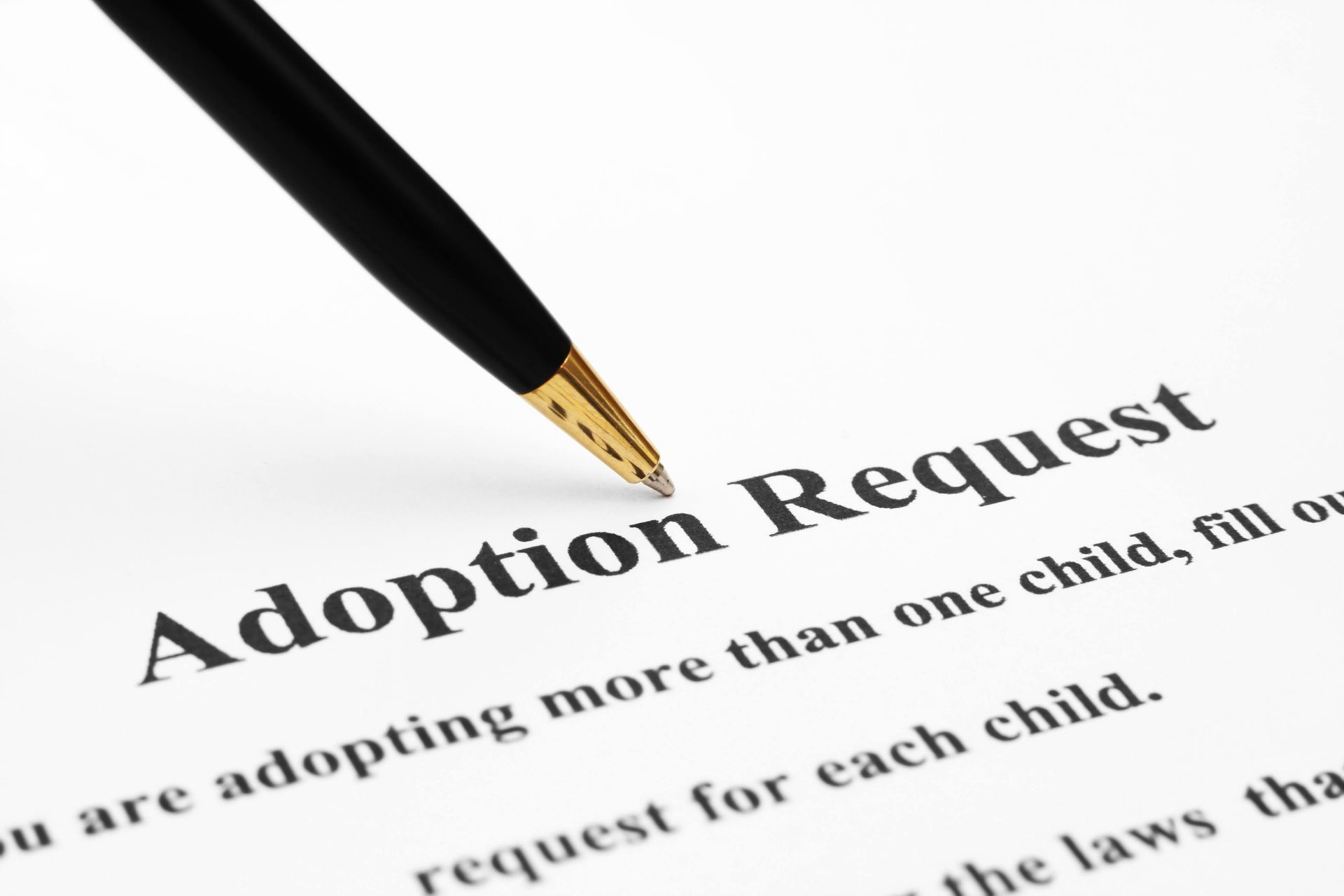Frequently Asked Questions About Sole Custody
One of the more difficult aspects of many divorce cases involves ensuring that any children impacted by the divorce receive the best possible care in a nurturing environment. While many divorcing parents have no problem sharing a child's custody, some situations may require that only one parent gets sole custody.
No matter which side of the sole custody fence you find yourself on, you need to understand how this form of custody works, how visitation rights may apply, and what kinds of legal challenges you may encounter. Educate yourself on the subject by examining the answers to these frequently asked questions.
What Does Sole Custody Involve?
Child custody awards can take several forms. The two primary custody categories include legal custody and physical custody. Legal custody determines which parent has the final say in everyday matters involving the child's welfare, while physical custody determines which parent the child lives with.
If you and your ex-spouse have agreed to a joint custody arrangement, you may share both legal and physical custody of your child. Alternatively, you might hold sole physical custody while sharing legal custody or vice versa. Occasionally, however, the court may award both legal and physical custody to one parent.
Why Might You Seek Sole Custody?
Parents typically seek sole custody of their child due to worries that joint custody would likely harm the child in some way. Solid reasons for sole custody could include the fear that the other parent might abuse, neglect, or abandon the child, or that the other parents suffer from mental health or substance abuse issues.
In some cases, the court may award sole custody for practical or logistical reasons. For example, an incarcerated parent obviously can't look after a child at home. If one parent plans to relocate while the other does not, the court may award sole custody to the parent who won't uproot the child from familiar surroundings.
How Does Visitation Work in Sole Custody Cases?
Even if your ex wins sole custody of your child, you may still have the right to interact with that child on a regular, predetermined basis. You may settle this right during the divorce proceedings, or through mediation, without the need for legal action. If these steps fail, you can file a petition with the New York Family Court.
Several factors influence the length and frequency of visitations. The court may leave the visitation schedule entirely up to the parents, or it may specify visitation periods such as holidays, vacations, or weekends. If the court has concerns about the child's welfare, it may stipulate that a social worker must supervise each visit.
What Can You Do About Sole Custody Violations?
Even after the court has officially awarded you sole custody of your child, your ex may refuse to honor these conditions. In this situation, you may need to arrange for your attorney to settle the problem through meetings with your ex’s attorney. If the violation continues, you may need to take more aggressive action.
In any kind of custody violation, you may petition the Family Court with an enforcement order. You may also file an enforcement order if your ex holds sole custody and refuses to honor your visitation rights. The court may then adjust the custody agreement, impose financial penalties, or hold the ex-spouse in contempt.
Other actions may also constitute violations of a sole custody agreement. For instance, if your attorney can show that your ex provides an unsafe or harmful home environment or fails to meet the child's everyday needs, you may need to take immediate legal action to nullify the sole custody agreement.
Whether you seek sole custody of your child or you have concerns regarding visitation rights in a sole custody situation, John D. Wieser Esq., PC can help. Contact our family law office today for a consultation so we can discuss your situation and legal options in detail.









